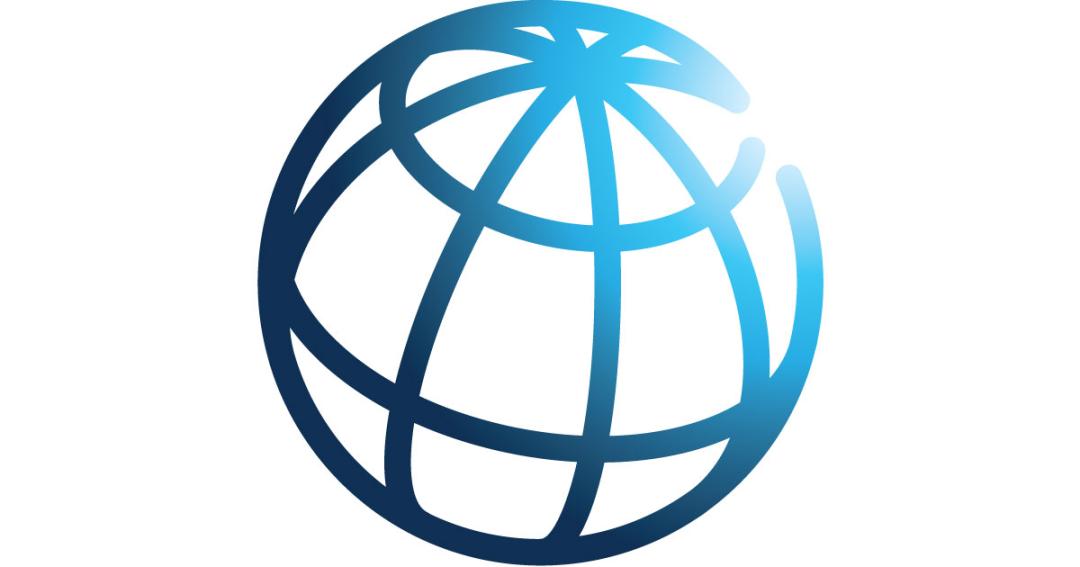
In 2022-23, World Bank predicts decrease in economic development in South Caucasus

Economic growth in Europe and Central Asia (which includes the South Caucasus) is expected to decline to 3% in 2022 as internal demand stabilises, and to 2.9% in 2023 as foreign demand plateaus and commodity prices weaken, according to the World Bank.
The World Bank warned in its recent economic outlook report that "the near-term picture is lower than previously forecast, owing to recurring COVID-19 flareups, a faster-than-expected removal of macroeconomic policy assistance, and steep rises in policy uncertainty and geopolitical tensions."
As fiscal assistance continues to be eliminated, regional growth is expected to decline further in 2023, to 2.9%. As global and euro area GDP slows and commodity prices fall, the boost from external demand is projected to decrease in 2023," the Bank noted.
According to the Bank, the pace of growth over the forecast horizon will leave output slightly lower than its pre-pandemic trend by 2023, and the catch-up of per capita income growth with advanced economies will be slower during the decade following the pandemic than in the decade prior to the pandemic.
According to the World Bank, the forecast for 2022-23 has been reduced by an average of 0.8% points, owing in part to a dramatic rise in policy uncertainty or geopolitical tensions in several important economies, which is expected to stifle investment.
"The poorer near-term picture also reflects a quicker reduction of monetary policy support than anticipated due to inflationary pressures," the report added.
A rebound of the epidemic, financial hardship, less favourable external conditions than projected, and an increase in policy uncertainty or escalation in geopolitical tensions are all potential threats to the region's prospects.
The World Bank predicts that growth in the South Caucasus would slow to 3.9% in 2022 and 3.6% in 2023. Over the projected horizon, Azerbaijan's growth is expected to slow but remain above its 2010-19 average rate, thanks to increased non-energy sector growth, growing public investment, and stable energy sector growth in accordance with OPEC+ quotas and stronger natural gas output.
In 2022 and 2023, Georgia's economy is expected to slow to its potential growth rate due to stricter fiscal policies.
Armenia's economy is forecast to pick up in 2023, thanks to strong private consumption and a more stable investment climate, which will help to sustain domestic demand and offset the impact of continued fiscal reduction. The projection is based on a reduction in geopolitical tensions, a reduction in pandemic-related disruptions due to advancements in immunizations, and an increase in consumer and business confidence. Legacy structural concerns and lower oil prices in Azerbaijan, as well as challenges with reform implementation in Armenia, are weighing on the outlook.
- Armenia's GDP is expected to expand by 4.8% in 2022 and 5.4% in 2023.
- Azerbaijan’s economy is expected to increase by 3.1% in 2022 and 2.7% in 2023.
- Georgian GDP is predicted to expand by 5.5% in 2022 and 5.0% in 2023.
See Also


Armenia and Russia Reaffirm Strategic Ties Amid Speculation of Strained Relations

Sergey Naryshkin Accuses Britain of Destabilizing Georgia

Armenia Records 5.9% GDP Growth in 2024, Missing 7% Goal

Yerevan Balances Strategic Ties with Both US and Russia, Says Foreign Minister

